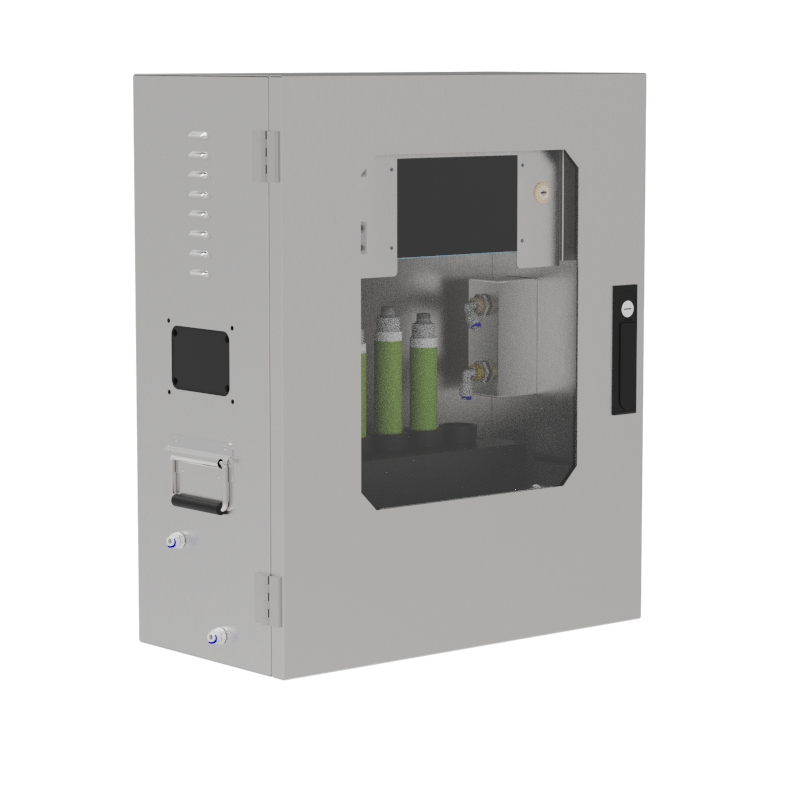With the increasing urbanization process, the safety and stability of water supply system is directly related to the quality of life of thousands of households. Among them, secondary water supply is an important part of urban water supply, and its water quality monitoring and management is more concerned. In recent years, with the continuous development of science and technology, the secondary water quality monitoring micro-system is gradually becoming a new tool to ensure the safety of water supply with its intelligent and precise characteristics.
WX-GSZ secondary water quality monitoring microsystem is a micro-system which integrates water quality monitoring, data processing and remote monitoring. It uses advanced sensor technology and data analysis algorithms to monitor the water quality indicators in the secondary water supply in real time, such as residual chlorine, turbidity, pH value, etc., and transmits the data to the monitoring center through the wireless network to achieve remote monitoring and management.
The appearance of this system greatly improves the efficiency and accuracy of secondary water quality monitoring. Traditional water quality monitoring methods often need manual sampling and laboratory analysis, which is not only time-consuming and labor-intensive, but also easy to be affected by human factors. The microsystem can realize real-time monitoring and automatic analysis, which greatly improves the timeliness and accuracy of monitoring. At the same time, through remote monitoring, management departments can find and solve water quality problems in time to ensure the safety of water supply.
In addition to improving the monitoring efficiency, the secondary water quality monitoring microsystem also has a wide range of application prospects. With the continuous development of technologies such as the Internet of Things and big data, Microsystems can be seamlessly connected with smart cities, smart water and other systems to form a more complete water quality monitoring network. This not only helps to improve the intelligent level of urban water supply systems, but also provides strong support for government decision-making and promotes the modernization process of urban water management.

Article address:
http://www.qxhjjc.com/en/article/1062.html


















 Home
Home phone
phone Product Overview
Product Overview Contact Us
Contact Us